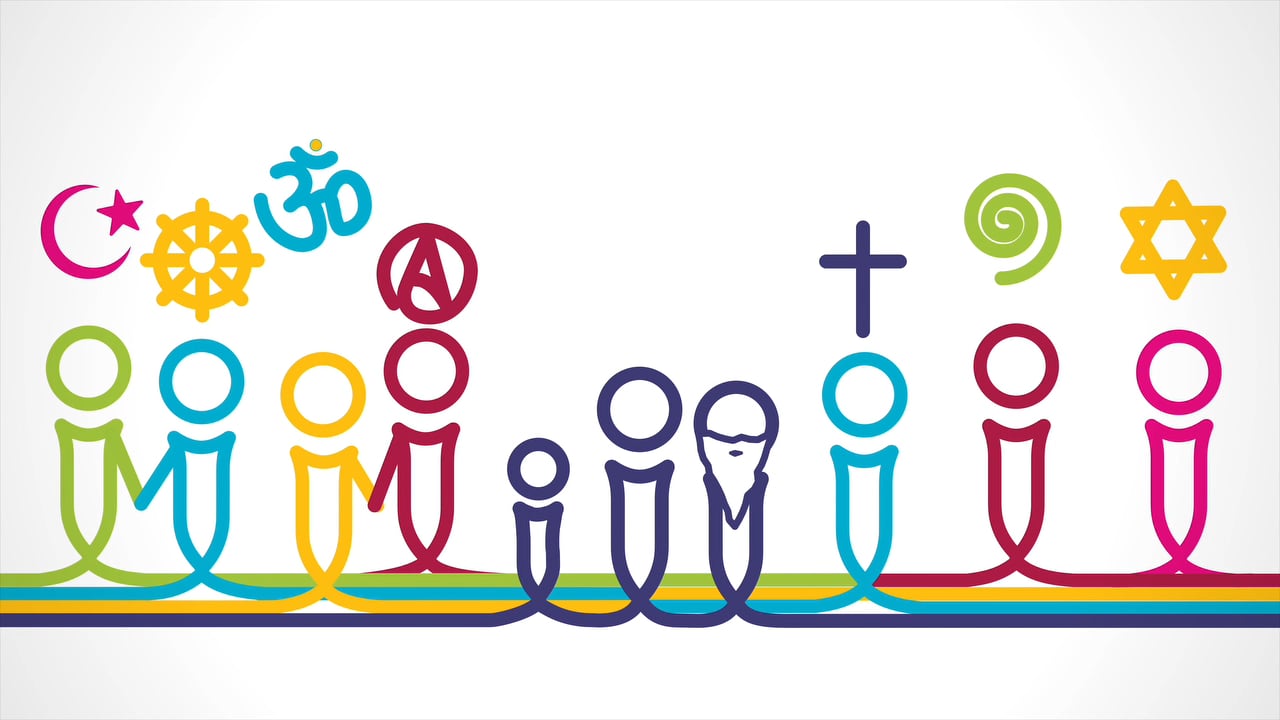One of the most famous conundrum scenarios in ethics is called the Trolley Car thought experiment. Individuals are told a hypothetical situation in which a trolley car is headed towards imminent doom, off a broken track or something like that. There is a very large man standing nearby. You know that if you push the man in the way of the trolley car, he will die, but the car will be held up enough to come to a stop and save the many lives in the car. What is the moral choice? Does saving the lives of many legitimize the immorality of taking one innocent life? What if the fat man weren't innocent. What if you had him in police custody after catching him in the middle of committing a murder. Would it be ok to push a guilty man in front of the car to save lives?There are all sorts of iterations to this problem, some of which you can find here.
|
Is it wrong to take the lives of a couple million innocent people to save several billion innocent lives? Is it ever morally justified to take the life of one innocent person to save many lives? What about lying? Is it ever ok to lie in order to save lives? If you were hiding Jews in 1943 Nazi Germany, would it be moral to lie in order to save innocent lives? The question of morality isn't nearly as cut and dry as we often like to think. While most instances of right and wrong seem fairly apparent, there is a large field of gray that also seems to exist.
One of the most famous conundrum scenarios in ethics is called the Trolley Car thought experiment. Individuals are told a hypothetical situation in which a trolley car is headed towards imminent doom, off a broken track or something like that. There is a very large man standing nearby. You know that if you push the man in the way of the trolley car, he will die, but the car will be held up enough to come to a stop and save the many lives in the car. What is the moral choice? Does saving the lives of many legitimize the immorality of taking one innocent life? What if the fat man weren't innocent. What if you had him in police custody after catching him in the middle of committing a murder. Would it be ok to push a guilty man in front of the car to save lives?There are all sorts of iterations to this problem, some of which you can find here.
0 Comments
The secular world often refers to Christianity as a religion, probably because it is. But many Christians don't seem to like being pigeonholed that way. Since Christianity is an exclusive religion, Christians feel the need to set themselves apart from "religion." I often hear Christians respond to such phrasing with disdain. "Christianity isn't a religion," they say. "It's a relationship." The response is a well meaning quip intended to rebut the modern notion that religion is merely a personal, mental and emotional system intended to help one make their way through life. There are hundreds of religions to choose from, and Christianity is just another. But Christians feel that Christianity is so much more than that and they want the world to know it. As I think about the popular Christian response to Christianity as religion, I am finding that it becomes more unappealing to me. Much of my dislike for the response probably lies in the way some Christians make the remark. The response is often accompanied by a self-righteous tone, and is frequently directed towards "sinners" and unbelievers in what seems to be more of a smug retort by the Christian who is upset at being stereotyped. Rather than the response being a theological or apologetic rationale for why one should be a Christian, it's just a pointed response. When used with such a demeaning tone, I find the quip absolutely unappealing. Even when used appropriately, however, I'm finding that I just don't like the way Christians respond. It's not because saying that Christianity is a relationship is inaccurate, but rather that it's not precise. It conveys a true idea, but it often fails to take the unbeliever or the Christian to the proper conclusion, and may actually do more harm than good.
|
*The views and ideas on this site are in no way affiliated with any organization, business, or individuals we are a part of or work with. They're also not theological certainties. They're simply thinking out loud, on issues and difficulties as I process things.
Categories
All
|





 RSS Feed
RSS Feed